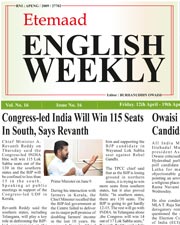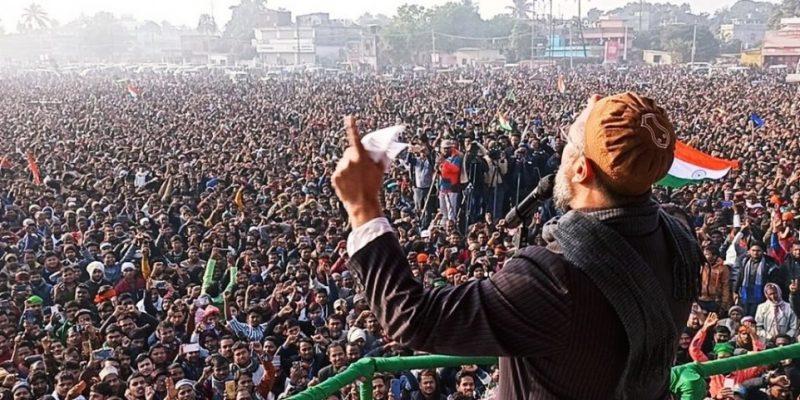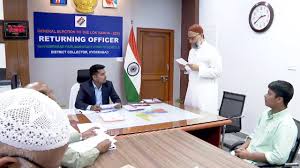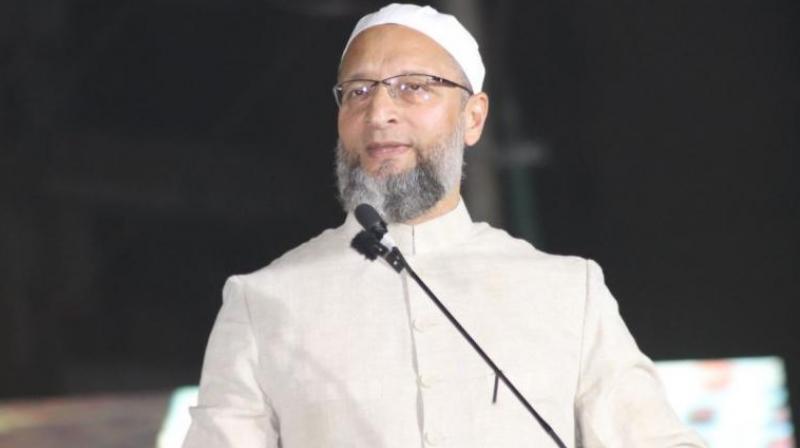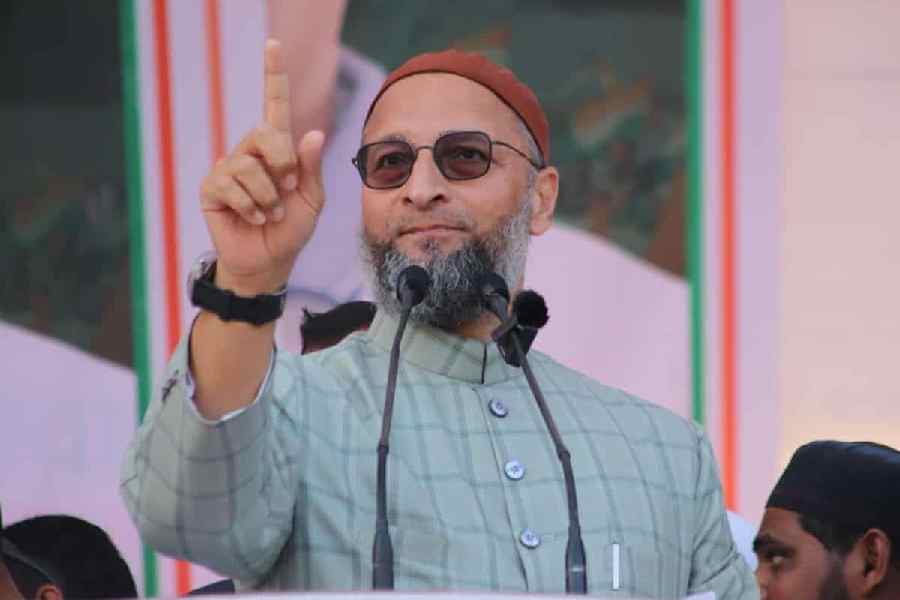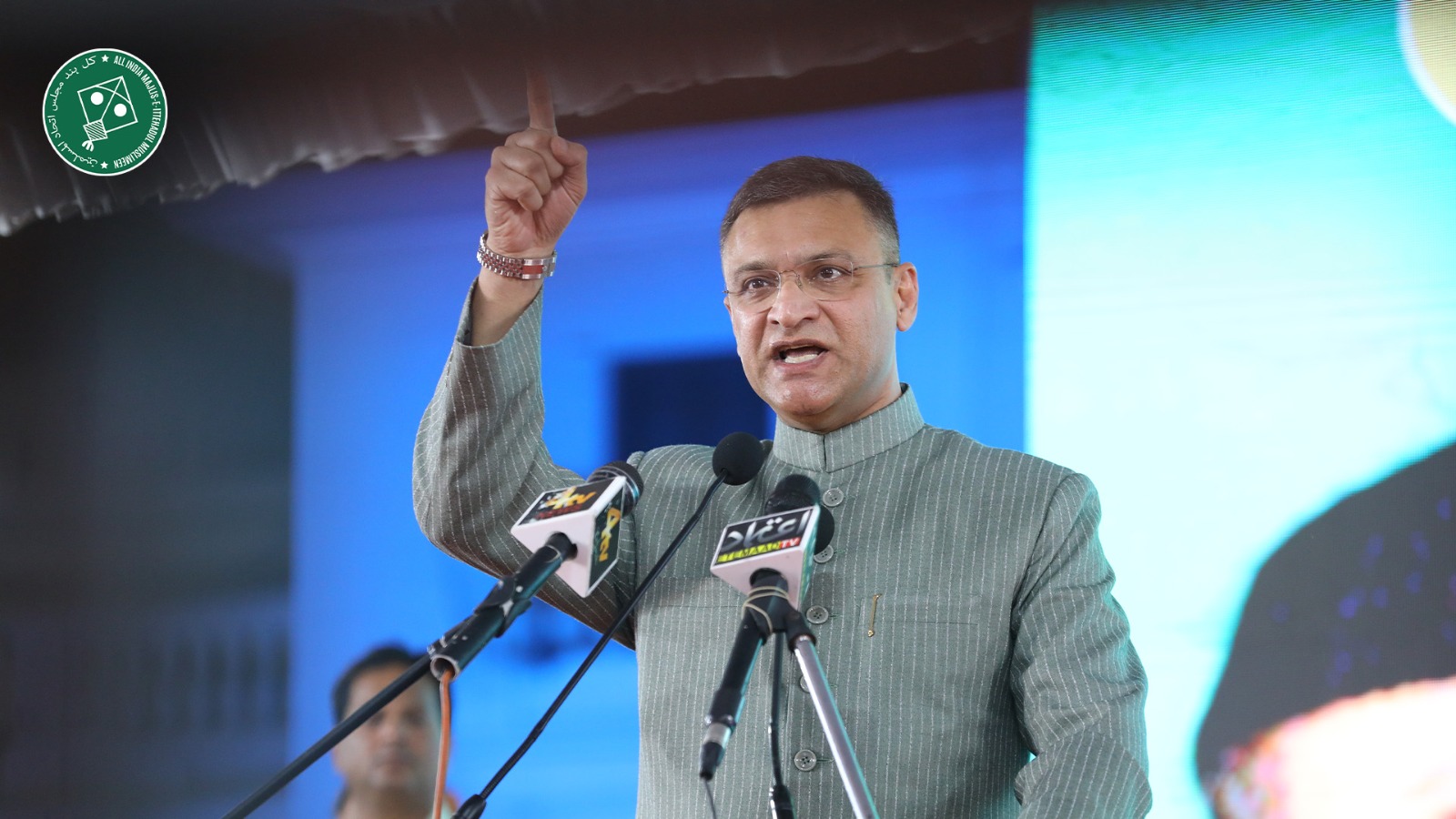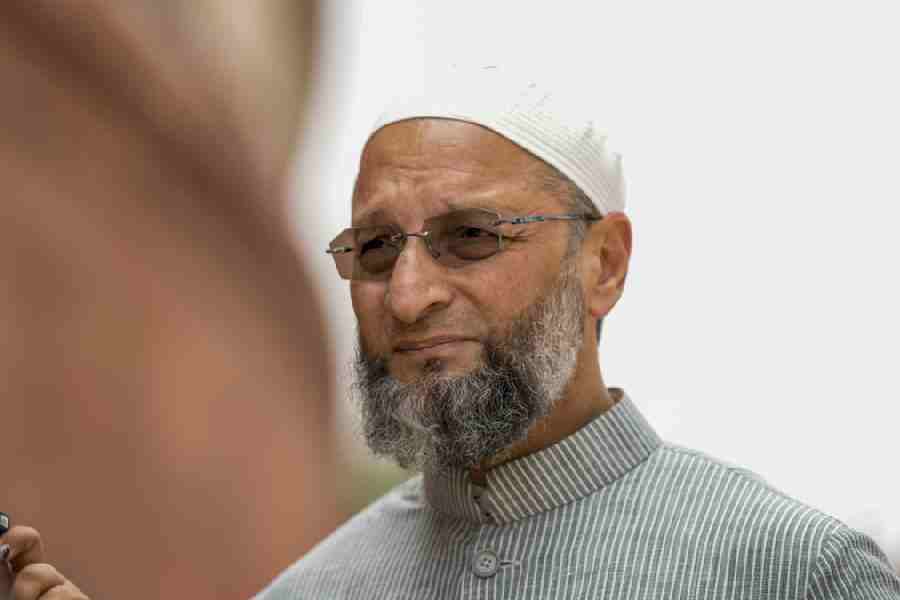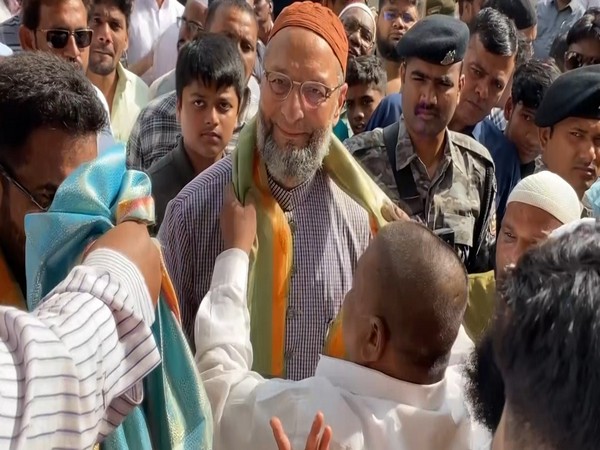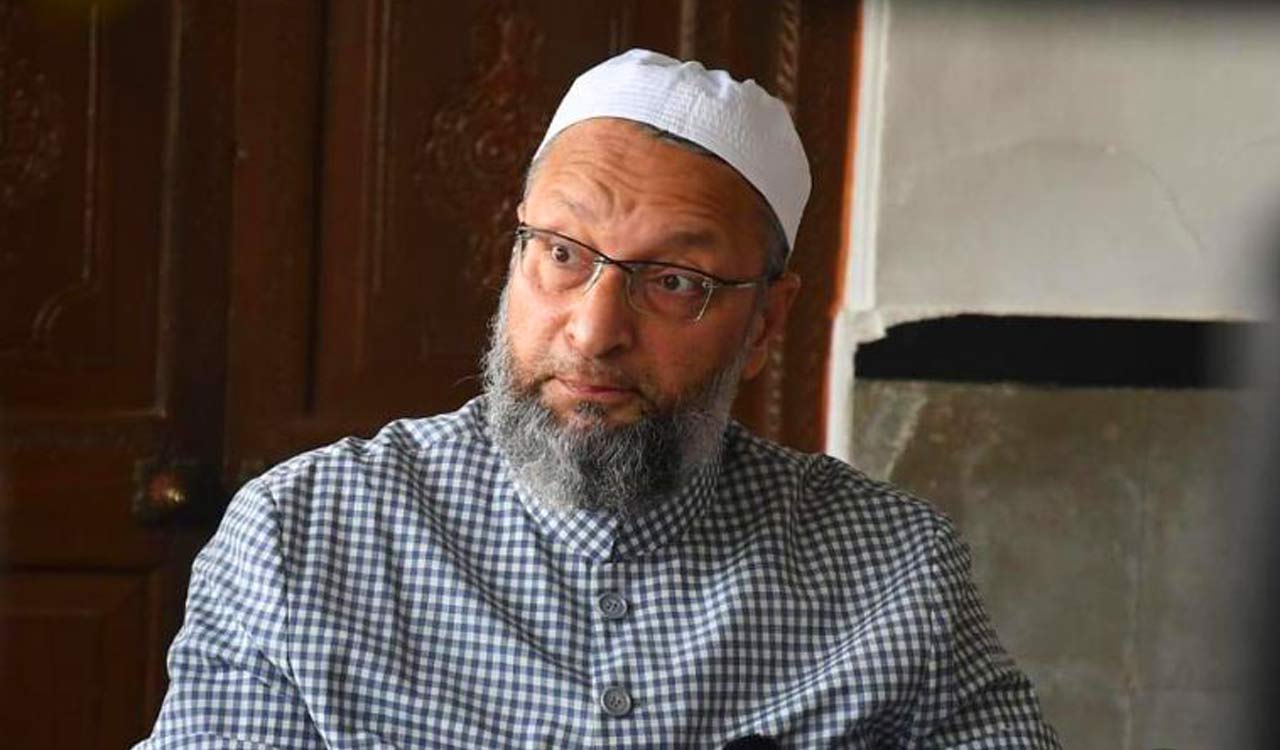Mumbai shows the way in curbing drink driving and reducing accidents
Thu 28 Dec 2017, 09:40:56
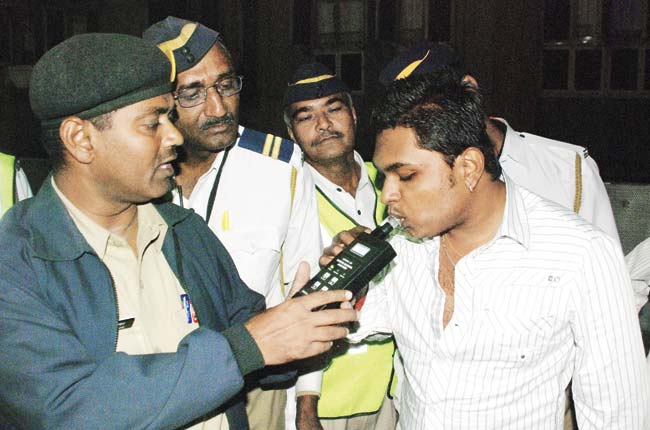
A decade ago, the Mumbai Police launched a mission to curb drink driving on the city's streets. It was a late realisation considering two big cases - one allegedly involving actor Salman Khan, for which he was later acquitted, and the other involving 21-year-old Bandra resident Alistair Pareira, for which he was convicted - had claimed eight innocent lives in a high-profile, headline-grabbing manner.
Compared to most of India's other big cities, it was still an early wake-up call. Police pickets suddenly increased on Mumbai's arterial roads. The breathalyser became a common policeman's implement - almost as ubiquitous as the lathi. People driving towards and away from prominent pubs started telling stories of how they were stopped, how their licences were confiscated, how telling the policemen how influential they were didn't work, and even how some of them were made to spend a night in jail to sleep off their indiscretion.
The result was instantaneous. People started leaving cars and bikes at home and taking cabs and autos even to pubs that were just around the corner. It
helped that Mumbai had a robust public transport system, and the habits of drinking but not driving, or not drinking when driving, started to spread for fear of retribution.
helped that Mumbai had a robust public transport system, and the habits of drinking but not driving, or not drinking when driving, started to spread for fear of retribution.
Drink driving cases in Mumbai rose from 1,022 in 2006 to 12,765 in 2007, the year the campaign started. This week, the Mumbai Police released its drink driving figures for Christmas, showing they had fallen to just 31 on a night of revelry. This is an instance of anecdotes supporting police statistics.
The numbers are down not because of inaction or improper recording of transgressions; they illustrate a changing mindset.
Hurtling down the road in a powerful metal box demands great responsibility. The driver has a weapon in their hands, which can destroy lives if wielded callously. An example of this, if one was needed, is how terror groups have made ramming vehicles into crowds their latest modus operandi. Most cities across India are guilty of treating what is the gravest and potentially most lethal traffic crime with a strange nonchalance.
No Comments For This Post, Be first to write a Comment.
Most viewed from National
Most viewed from World
AIMIM News
Asaduddin Owaisi files nomination papers on Friday
Apr 20, 2024
Owaisi Begins Election Campaign in Hyderabad
Apr 13, 2024
Bring back Indian workers in Israel: Owaisi
Apr 13, 2024
Latest Urdu News
Most Viewed
May 26, 2020
Do you think Ruturaj Gaikwad would be a good captain for Chennai Super Kings?
Latest Videos View All
Like Us
Home
About Us
Advertise With Us
All Polls
Epaper Archives
Privacy Policy
Contact Us
Download Etemaad App
© 2024 Etemaad Daily News, All Rights Reserved.

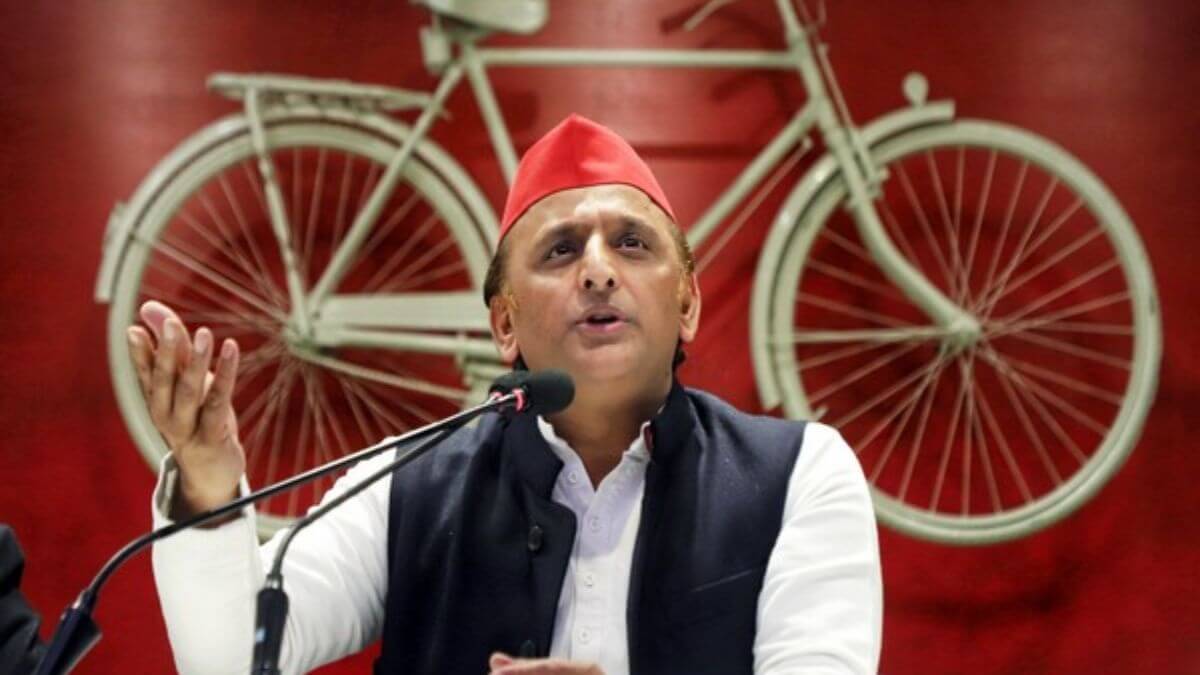
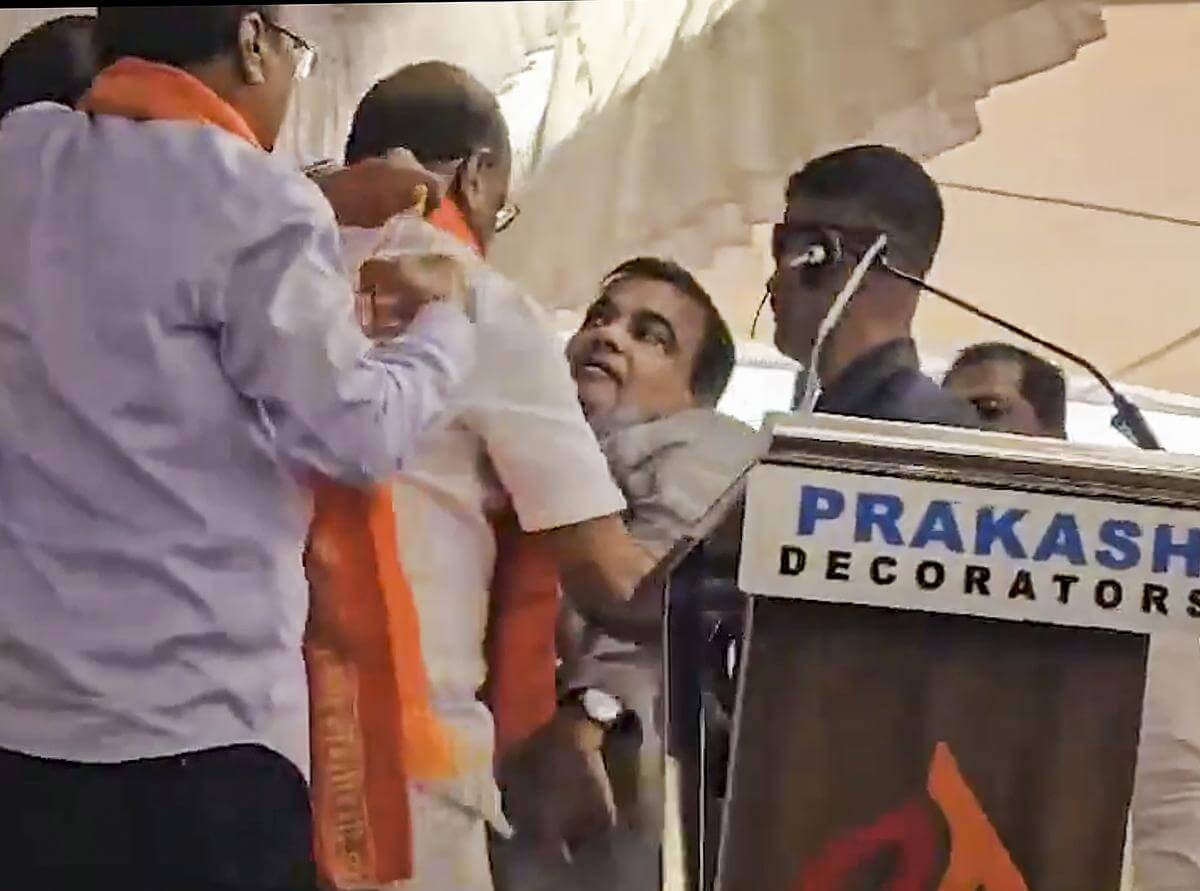
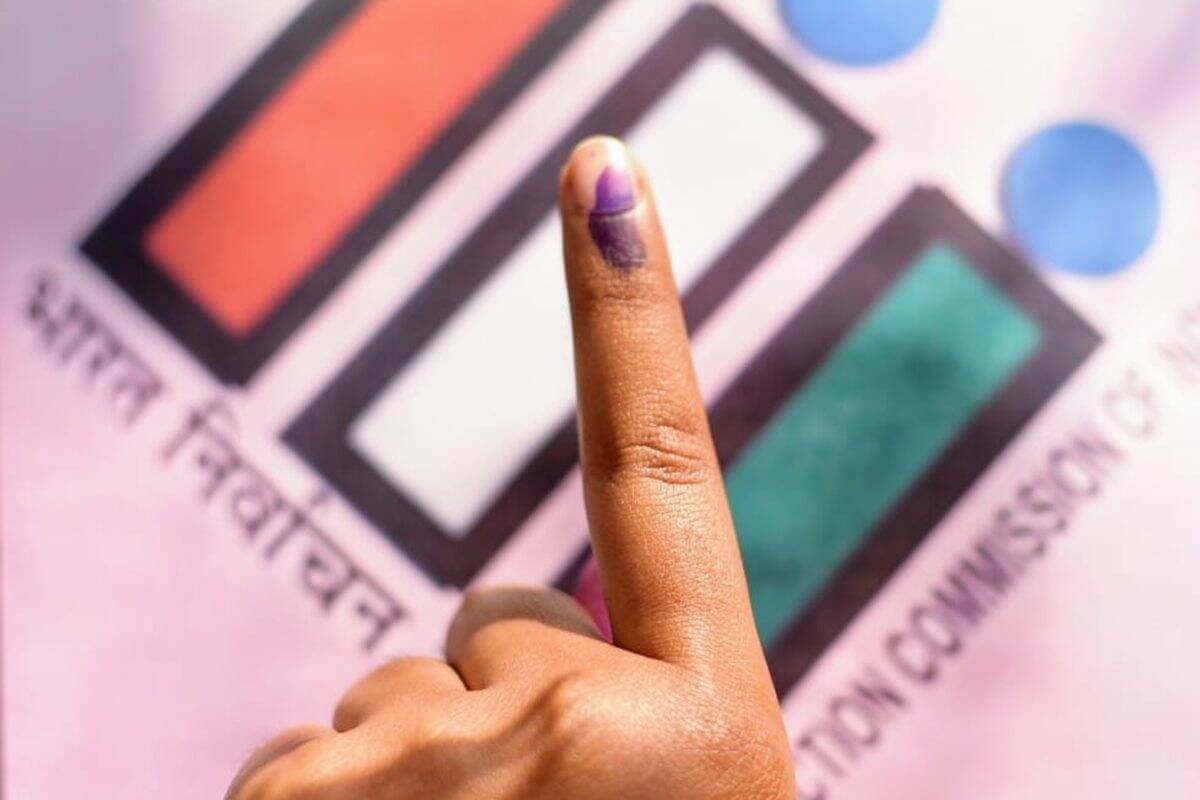
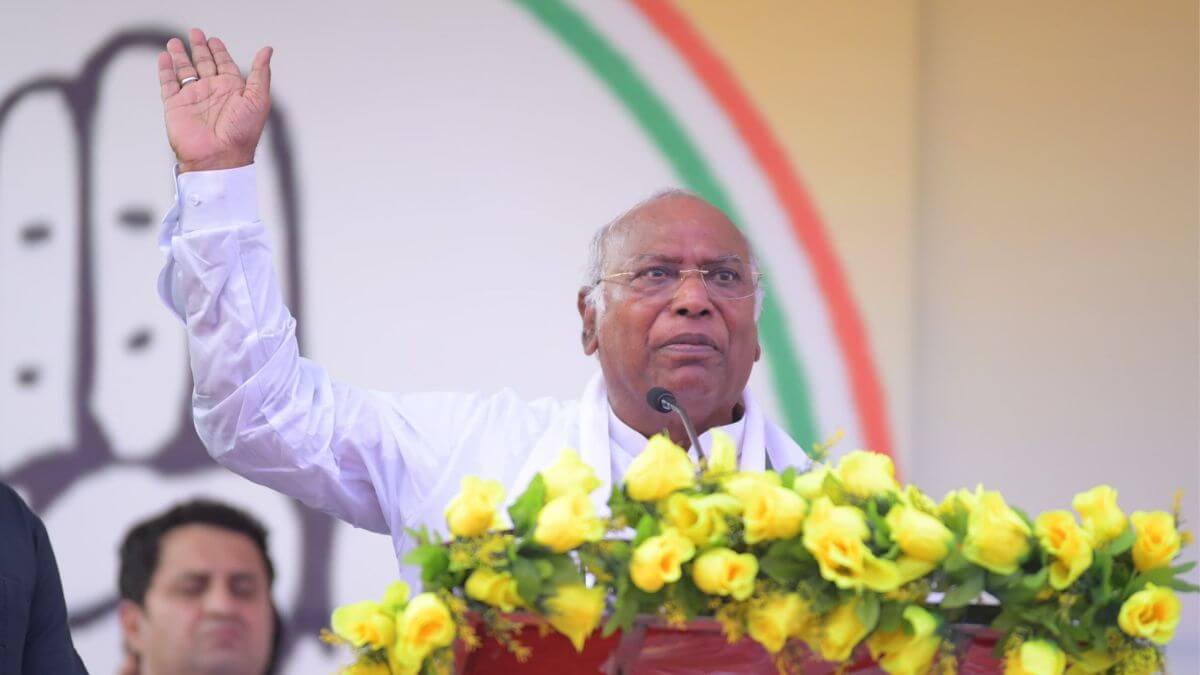
.jpg)
.jpg)
.jpg)
.jpg)
.jpg)
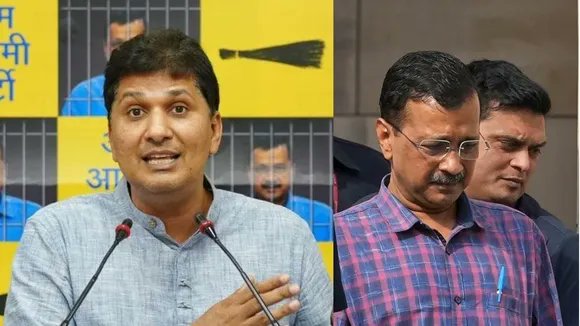
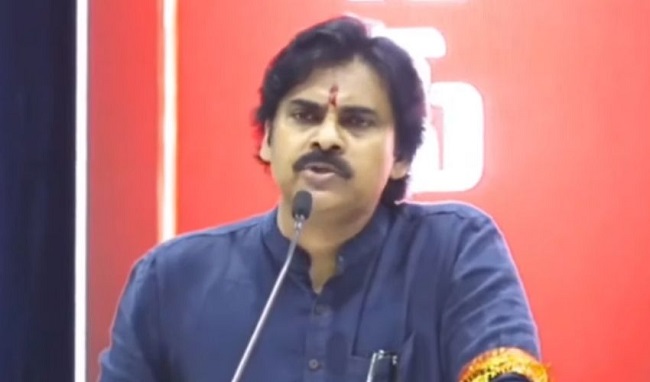

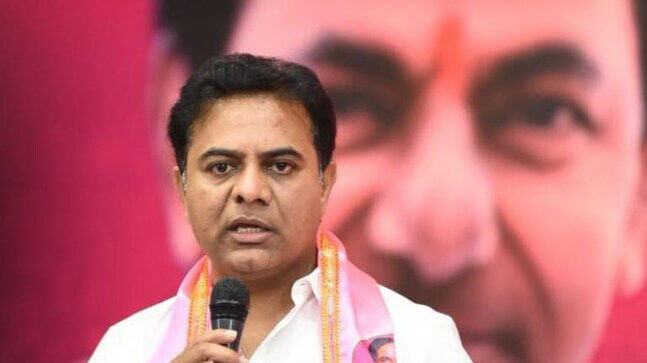
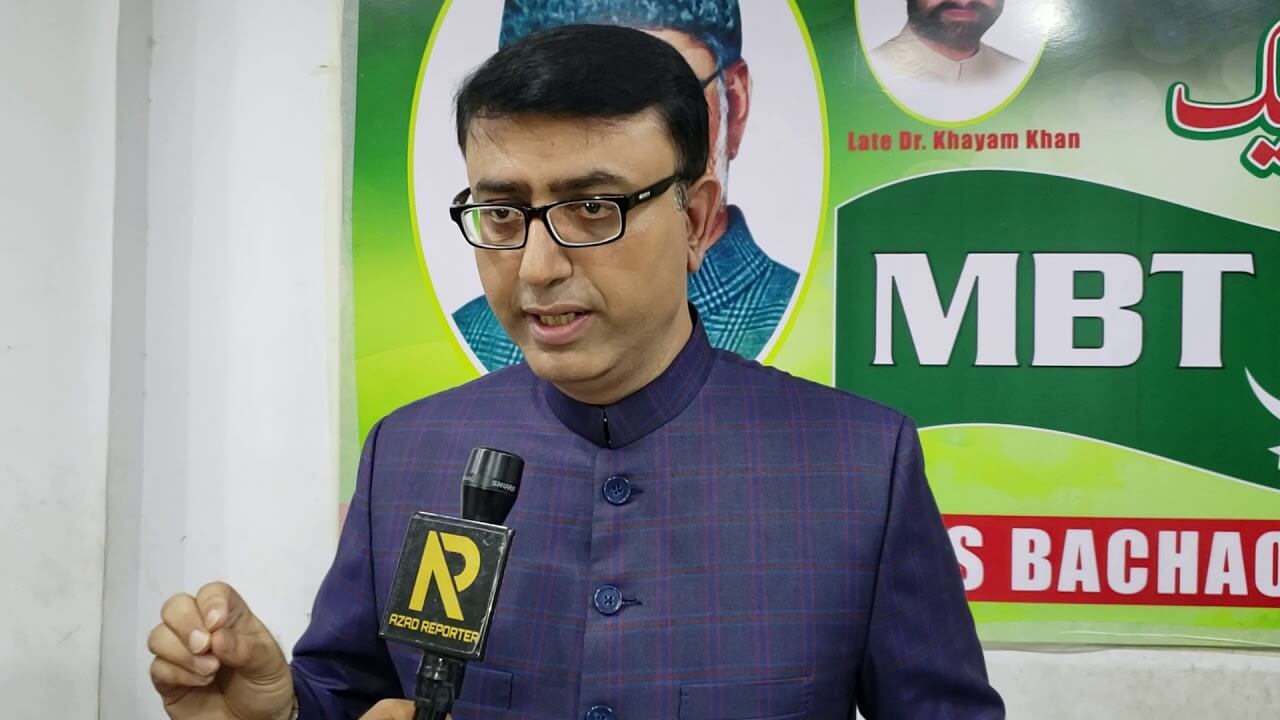
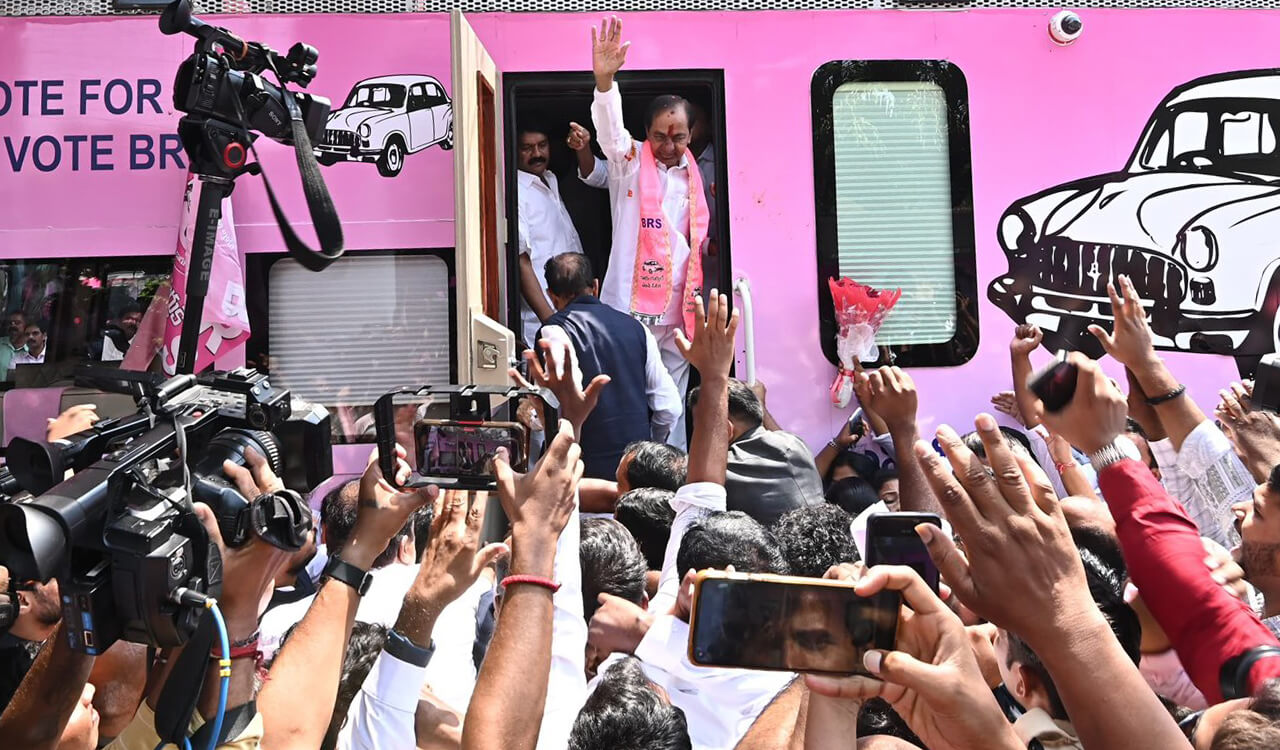
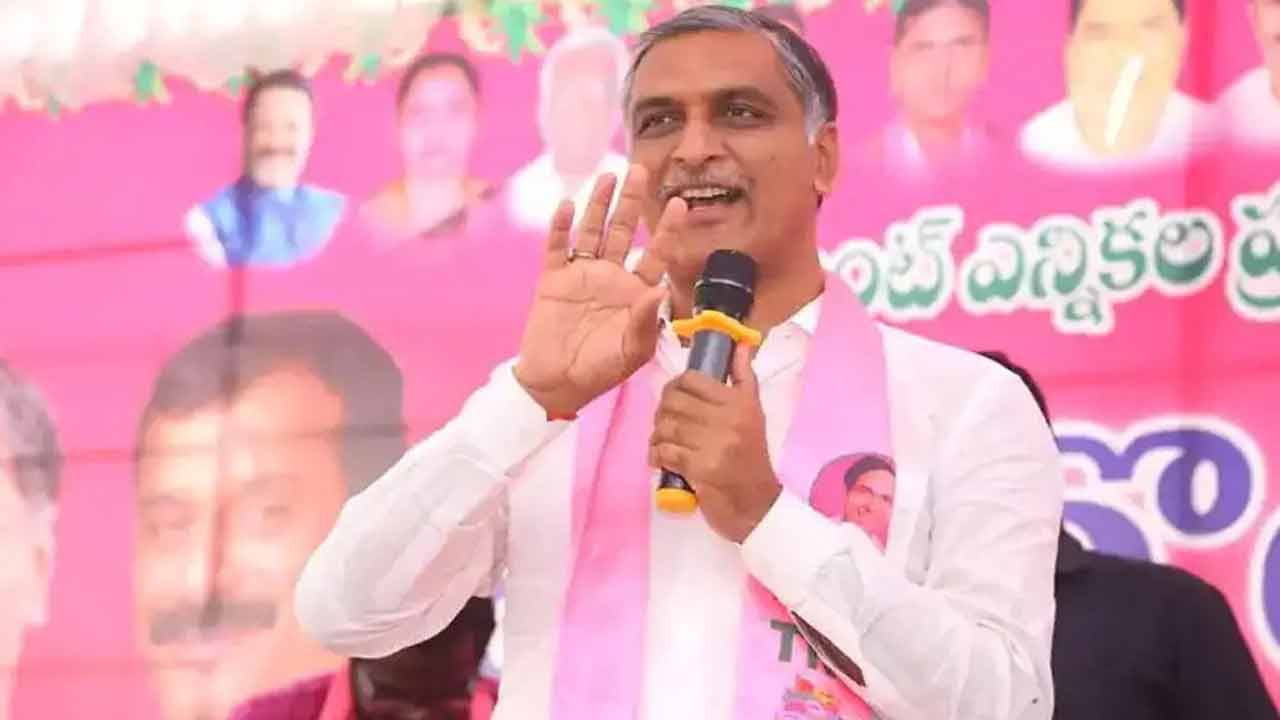

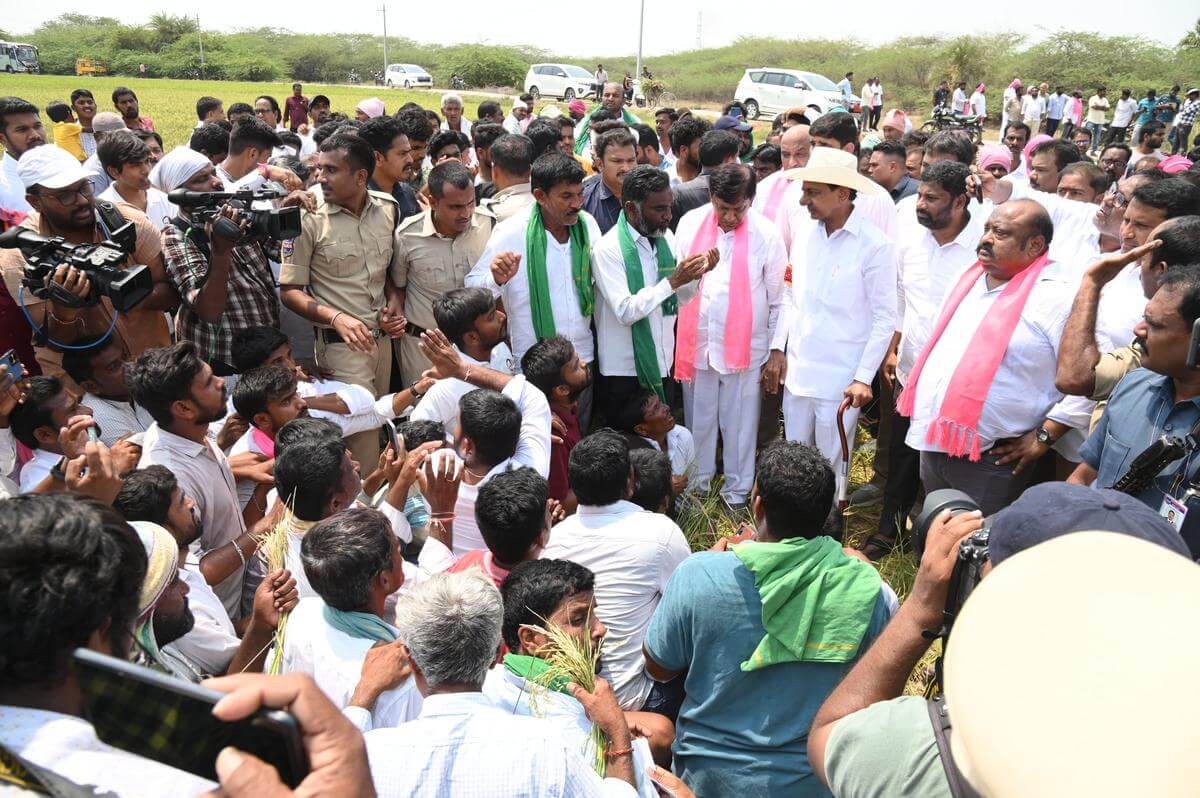
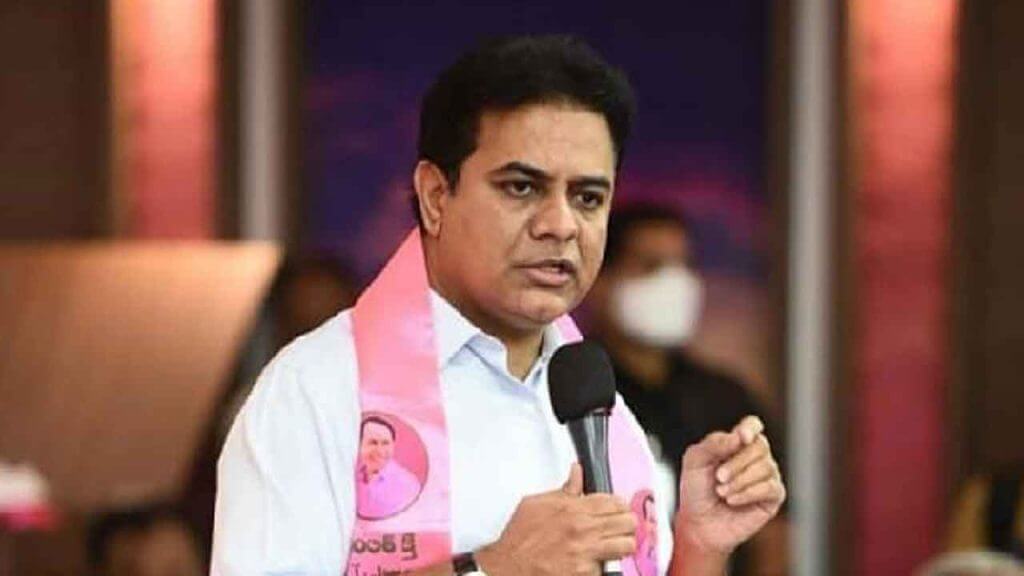
.jpg)
.jpg)
.jpg)
.jpg)
.jpg)

